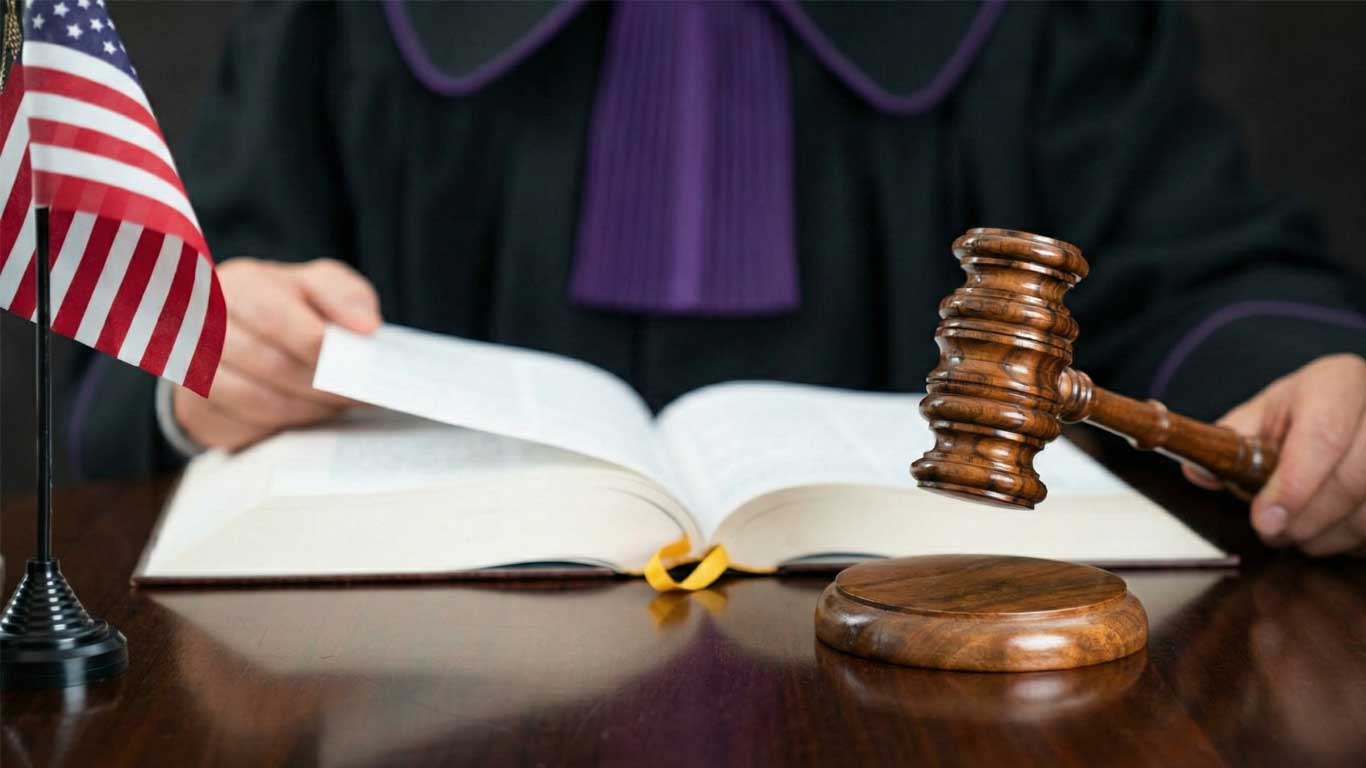
A recent appeals court decision in the case of *State v. Angel A.* has upheld a conviction for attempted murder, rejecting the defendant’s claims of jury misconduct and a violation of his right to a unanimous verdict. The case centers around a post-verdict comment made by a juror, which the court found did not warrant overturning the guilty verdict.
The defendant, Angel A., was found guilty by a jury of attempted murder, assault in the first degree, and violating a protective order. He appealed the conviction, raising two main arguments: first, that the trial court violated his right to a unanimous jury verdict by not immediately informing the parties about a juror’s comment after the verdict was read; and second, that the court violated his right to a fair trial by not allowing him to question the juror about her comment.
The Juror’s Comment and Jury Unanimity
The crux of the first argument revolves around a comment made by one of the jurors, identified as C.A., after the verdict was announced but before the jury was formally discharged. After the guilty verdict was read, the judge asked the jurors if they agreed with the verdict, and they all responded affirmatively. The judge then thanked the jury and sent them back to the deliberation room to collect some paperwork. Before the jury left, the judge spoke with the jurors and C.A. stated she “felt a little guilty about the attempted murder charge.”
The defense argued that the judge should have immediately informed the parties about C.A.’s comment and given the defendant an opportunity to poll the jury again. Polling the jury involves asking each juror individually if the verdict announced is their verdict. The defendant claimed this was necessary to ensure the verdict was truly unanimous.
The appeals court disagreed. The court noted that the defendant’s claim was not properly preserved because he did not request a second poll or raise the issue of unanimity at the post-trial hearing. Furthermore, the court found that the juror’s comment didn’t indicate any lack of unanimity. The court reasoned that C.A.’s statement was simply an expression of her feelings about the verdict, not an indication that she disagreed with it or that the verdict wasn’t unanimous.
The court cited precedent, including *Rushen v. Spain*, which established that post-trial hearings are adequate to address ex-parte communications. The court noted that C.A. had affirmed her guilty verdict and that the judge’s actions satisfied the preliminary inquiry required by *State v. Brown*. The court also highlighted that further questioning would constitute an improper inquiry into the mental processes by which the verdict was determined.
The court also considered that the jury had been released from their oath before the judge spoke with them, making any subsequent polling problematic.
The Scope of Inquiry and Fair Trial
The second argument raised by the defendant was that the trial court should have allowed him to question C.A. about her comment during a post-trial hearing. The defense wanted to explore why she felt guilty, potentially to uncover any juror misconduct, such as the influence of outside information or bias.
The appeals court rejected this argument as well. The court cited *State v. Brown*, which outlines the process for addressing allegations of jury misconduct. *Brown* gives trial courts discretion in determining the scope of any inquiry into such allegations. The court explained that the trial court satisfied the preliminary inquiry required by *Brown*.
The court agreed with the trial court’s decision that further inquiry into C.A.’s comment would be an inappropriate invasion of the jury’s deliberations and mental processes, which are generally protected. The court emphasized that a verdict cannot be overturned based on speculation about the jury’s internal discussions or motivations.
The Verdict
The appeals court ultimately affirmed the trial court’s decision, upholding the defendant’s conviction. The court found that the trial court did not violate the defendant’s rights to jury unanimity or a fair trial.